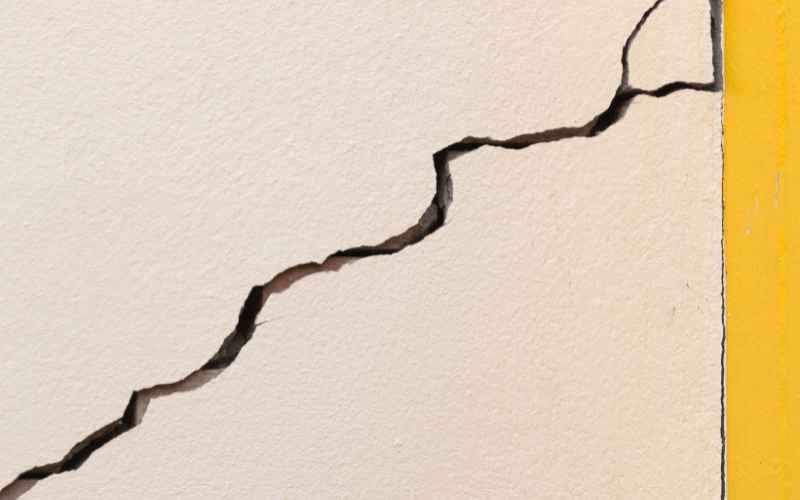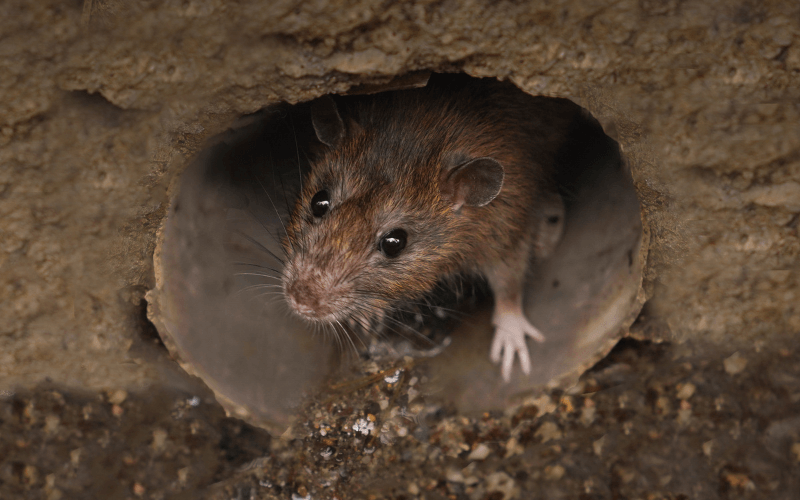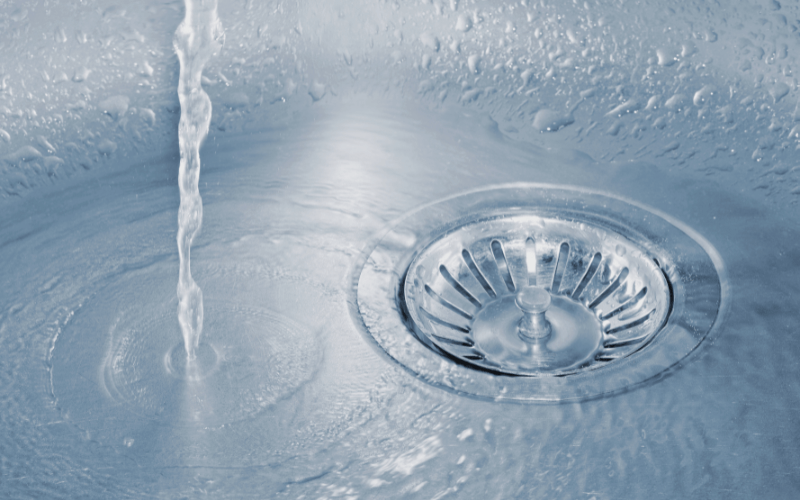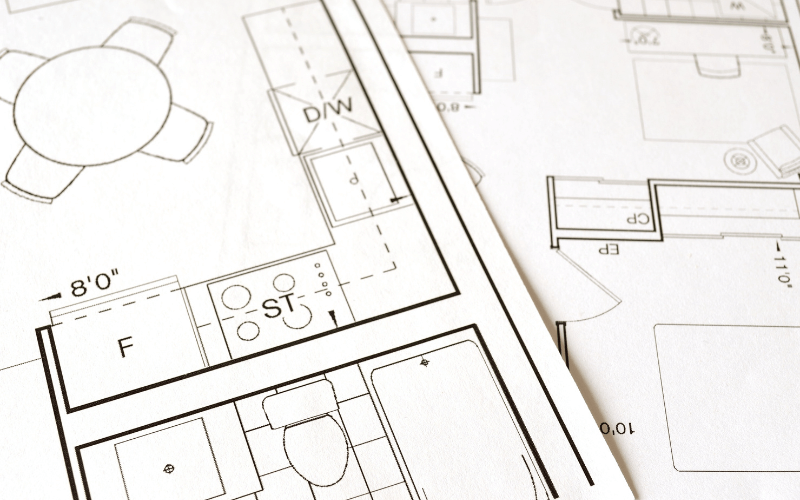If it isn’t practical for your property to be connected to the sewer network, you may well have an on-site septic system, consisting of a septic tank and drainage field (which is also called a drainfield or leach field), instead. This is often the case for Mega-Rod customers in the South Gloucestershire countryside, one of the most remote areas in which our drainage experts provide septic tank emptying.
Your septic tank retains solid matter (such as toilet paper) and slimy fluids (oil, for instance) that get washed down your drains with wastewater. But when the wastewater is released from the tank and flows into your drainage field, it still contains particles of contaminants and so requires further treatment before coming into contact with groundwater.
The additional filtering and cleansing performed by your drainage field is therefore vitally important, as is drainage field maintenance. Take good care of this flat, undeveloped land and it’s likely to serve you well for as long as 25 years.
Several inches below your drainfield’s surface, significant activities take place. The partially treated wastewater from your septic tank seeps out of perforated pipes. It travels through the soil, which acts as a filter, and encounters microorganisms that helpfully break down the harmful particles.
However, drainage fields won’t work if they’re flooded, if solids escape from septic tanks and clog the pipes, the pipes get damaged, or the microorganisms die. The main signs that a drainage field is failing include:
No property owner wants their drainage field to become a health hazard, compromise their septic system and pollute the environment. Fortunately, there are practical steps you can take to look after your leach field and help it to last as long as possible.
Because septic tanks can hold thousands of litres of water, you might be tempted to direct rainwater drainage towards your septic system, in addition to household wastewater. However, doing so could overwhelm the system and flood your drainfield, especially during severe weather. The field may even be exposed to pipe-blocking solids that excess water flushes out of the tank. So it’s important to ensure that only the wastewater produced in your property enters your system.
Never drive across your drainage field or use it for parking. The weight and movement of vehicles can compress the soil, restricting filtration and damaging the pipework.
If you look after livestock or pets, bear in mind that leach fields aren’t suitable for grazing or exercise – animals may churn up the ground and ingest contaminants.
It isn’t safe to use your field for growing crops, fruit or vegetables either.
Drainfields aren’t appropriate sites for conservatories, garages, pools, patios or other home improvement projects. Construction work is likely to lead to soil compaction and pipe damage. Moreover, impermeable building materials such as concrete could kill the soil’s microorganisms by depriving them of oxygen.
It’s essential for drainage fields to be open, unobstructed spaces. In fact, the British Standards Institution’s code of practice for drainage field design, BS 6297, states that each field must be at least 15m away from any buildings.
Another aspect of drainage field maintenance involves protecting pipework from invasive roots. You’ll want to avoid introducing deep-rooted trees, bushes and shrubs to your leach field in case the roots penetrate and block pipes. Safer alternatives include grass, ornamental grasses and wildflowers – they have shallow root networks.
Avoid washing things that create congestion and blockages, such as fat, grease and wet wipes, down your drains. If your septic tank gets clogged and overwhelmed, wastewater may be released into your drainage field before it’s been separated from solid or slimy substances.
Also avoid harsh chemical drain cleaners, as they kill septic system microorganisms.
Removing solids from your septic tank regularly (annually, say) is essential when you want to protect your drainage field; indeed it’s one of the government’s rules for septic systems. If your tank gets too full, it may force solids into your drainage field, which ‘can cause damage and pollution, leading to potentially expensive and disruptive repairs,’ the rules emphasise.
Our drainage experts use powerful suction technology and waste removal vehicles to provide rapid, thorough septic tank emptying in Bath, Bristol and beyond.
For septic tank emptying you can rely on, call Mega-Rod Bath on 01225 422980 today.









